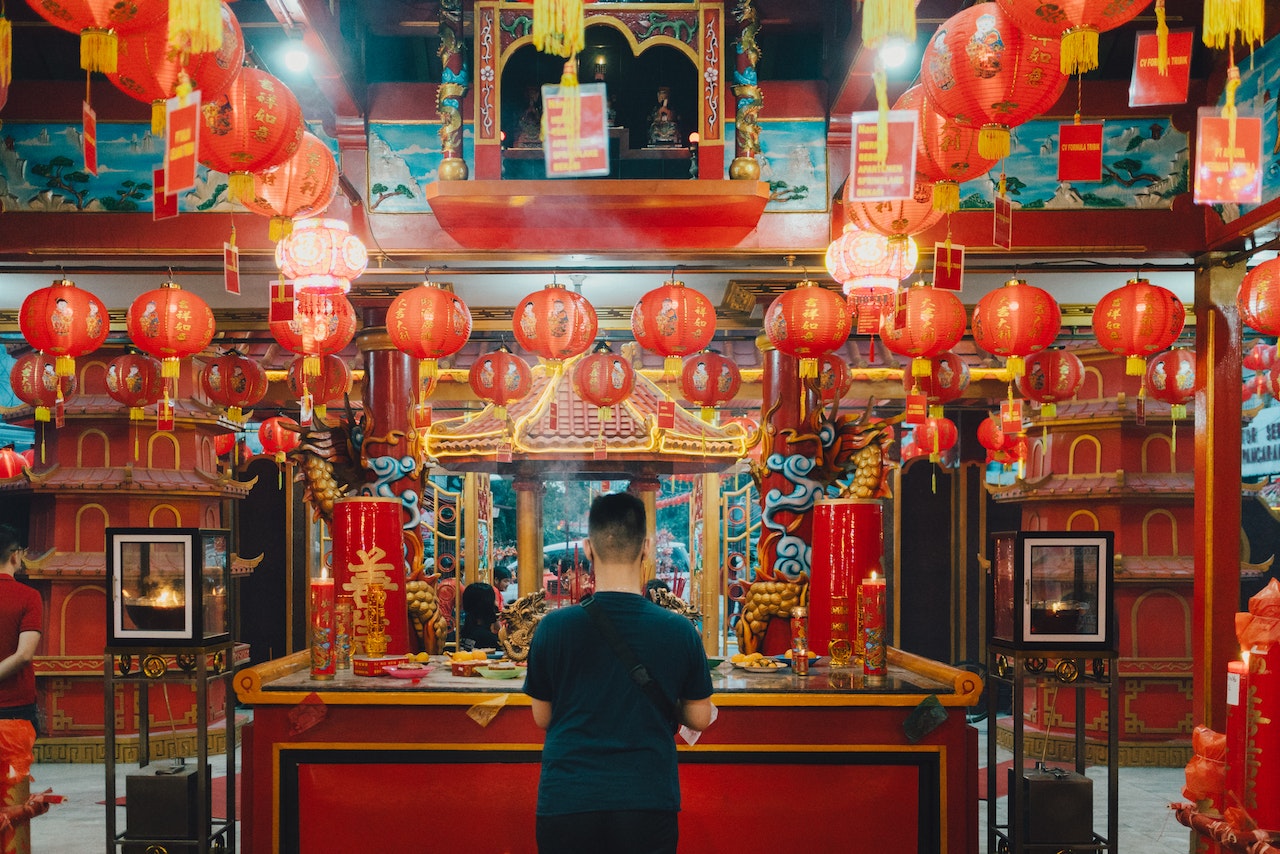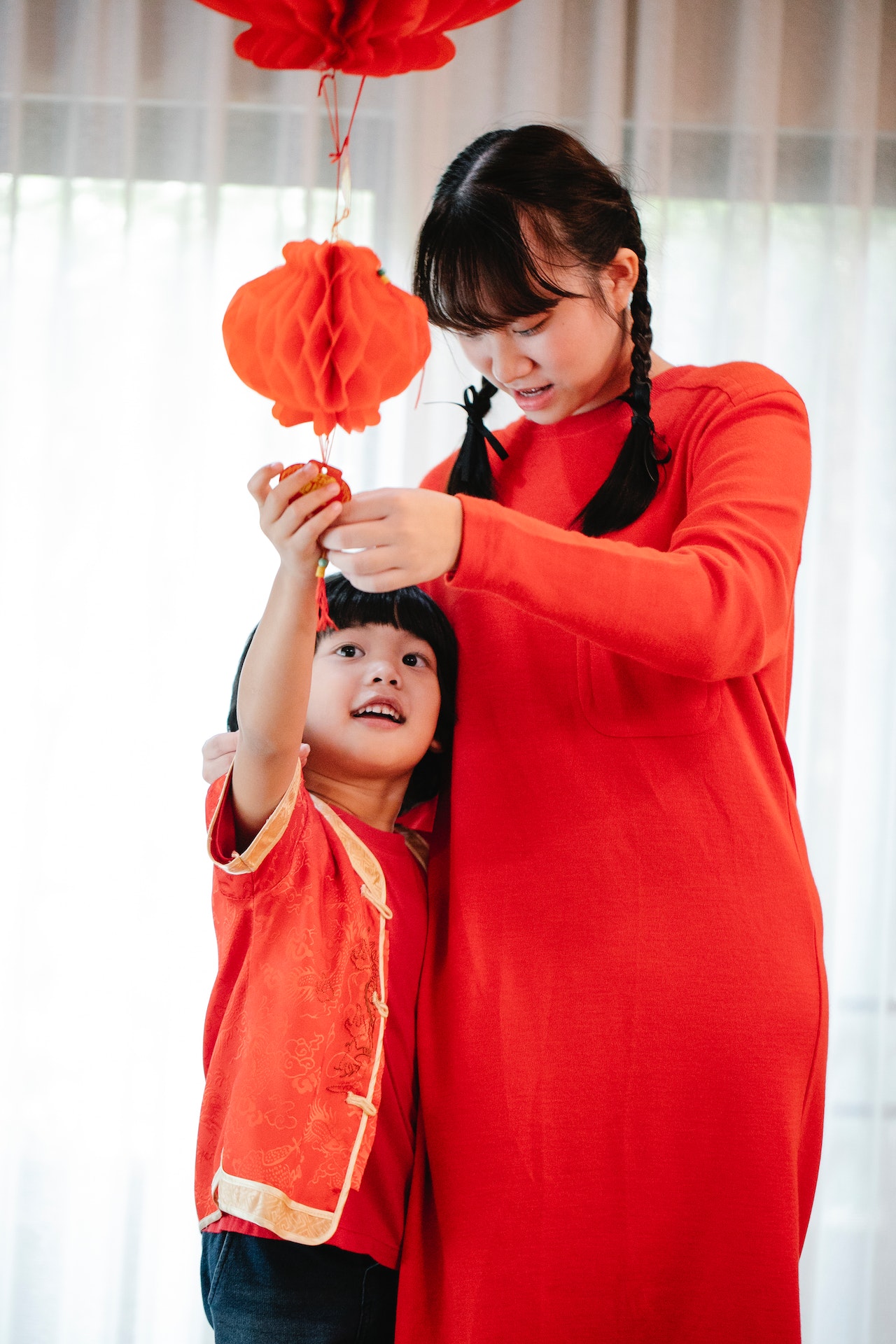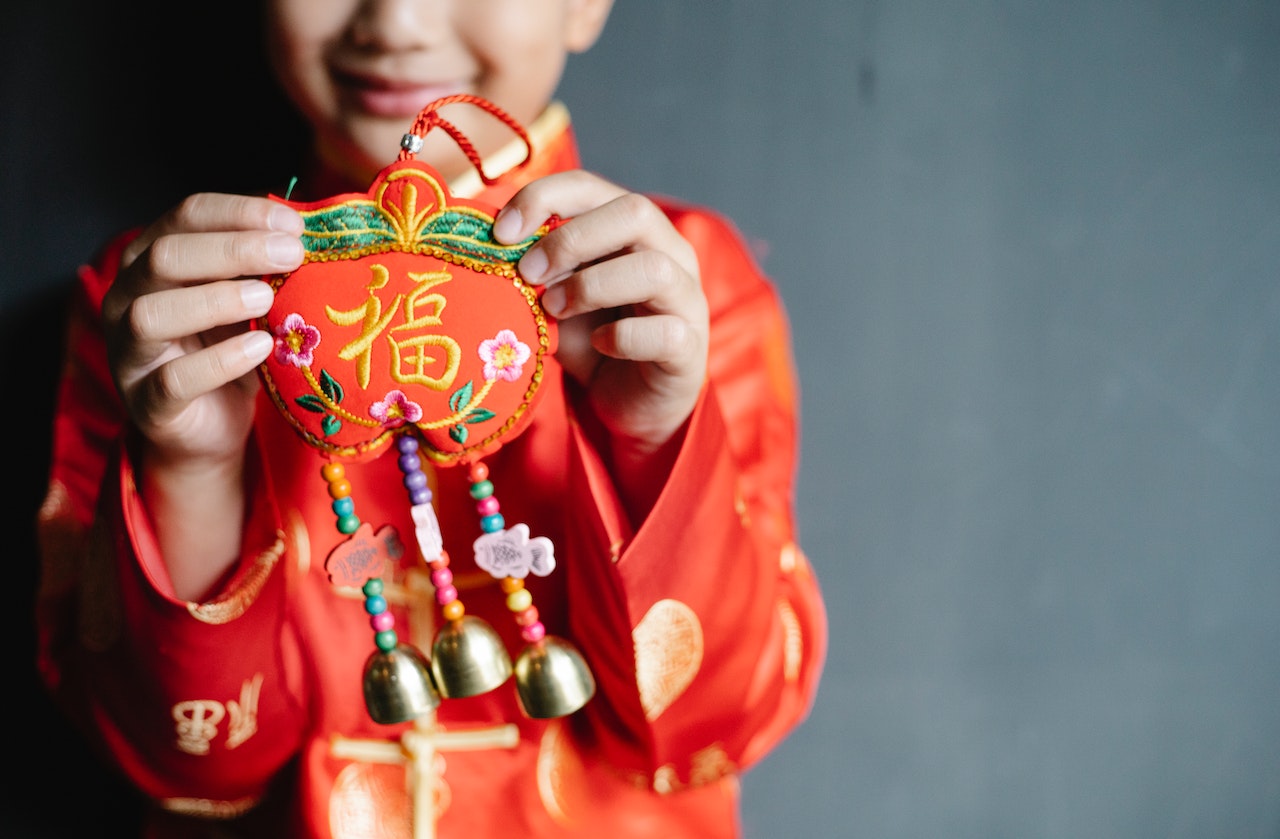China, a country steeped in history, culture, and tradition, celebrates a range of national holidays throughout the year. These holidays provide a unique opportunity for the Chinese people to come together, honor their heritage, and commemorate significant events. In this article, we will explore some of the most important national holidays in China, shedding light on their historical significance, cultural practices, and the spirit of unity they evoke.
Chinese New Year (Spring Festival)
The Chinese New Year, also known as the Spring Festival, marks the beginning of the lunar calendar and is the most important holiday in China. It is a time for family reunions, feasting, and celebrating the arrival of a new year. The festival is characterized by vibrant traditions, such as dragon and lion dances, firecrackers, and the exchange of red envelopes (hongbao) containing money as a symbol of good fortune.
National Day (October 1st)
National Day commemorates the founding of the People’s Republic of China on October 1st, 1949. It is a week-long holiday known as the Golden Week, during which people travel, explore their country, and participate in various cultural activities. The holiday is marked by flag-raising ceremonies, parades, fireworks displays, and an overall sense of national pride.
Mid-Autumn Festival
The Mid-Autumn Festival, also known as the Moon Festival, falls on the 15th day of the eighth lunar month. It is a time to appreciate the moon’s beauty and celebrate the harvest. Families gather to enjoy mooncakes (a traditional pastry filled with various fillings) and admire the full moon. Lanterns are also a prominent feature, with people lighting and parading colorful lanterns, creating a magical atmosphere.
Qingming Festival (Tomb-Sweeping Day)
The Qingming Festival is a time to pay respects to ancestors and honor the deceased. Families visit ancestral graves, clean tombstones, and make offerings of food and flowers. It is also an occasion for outdoor activities such as flying kites and enjoying nature’s beauty as spring emerges.
Dragon Boat Festival
The Dragon Boat Festival, also known as Duanwu Festival, commemorates the poet Qu Yuan and is held on the fifth day of the fifth lunar month. The festival features exhilarating dragon boat races, where teams paddle to the rhythm of drums. People also eat sticky rice dumplings called zongzi and hang up pouches of herbs to ward off evil spirits.

Labor Day (May 1st)
Labor Day in China honors the contributions and achievements of the working class. It is a public holiday that celebrates the value of hard work and provides an opportunity for rest and leisure. Many people take this time to travel, engage in recreational activities, or simply relax with family and friends.
These national holidays are deeply rooted in Chinese culture and hold great significance for the Chinese people. They not only provide moments of celebration and joy but also serve as reminders of the country’s rich history, traditions, and shared values. Through the observance of these holidays, the Chinese people come together, strengthen family bonds, express cultural pride, and reaffirm their sense of national identity.

As China continues to evolve, these national holidays remain an integral part of its cultural fabric, embodying the spirit of unity, tradition, and the celebration of the nation’s diverse heritage. They serve as cherished moments for reflection, gratitude, and the perpetuation of Chinese customs from generation to generation.
